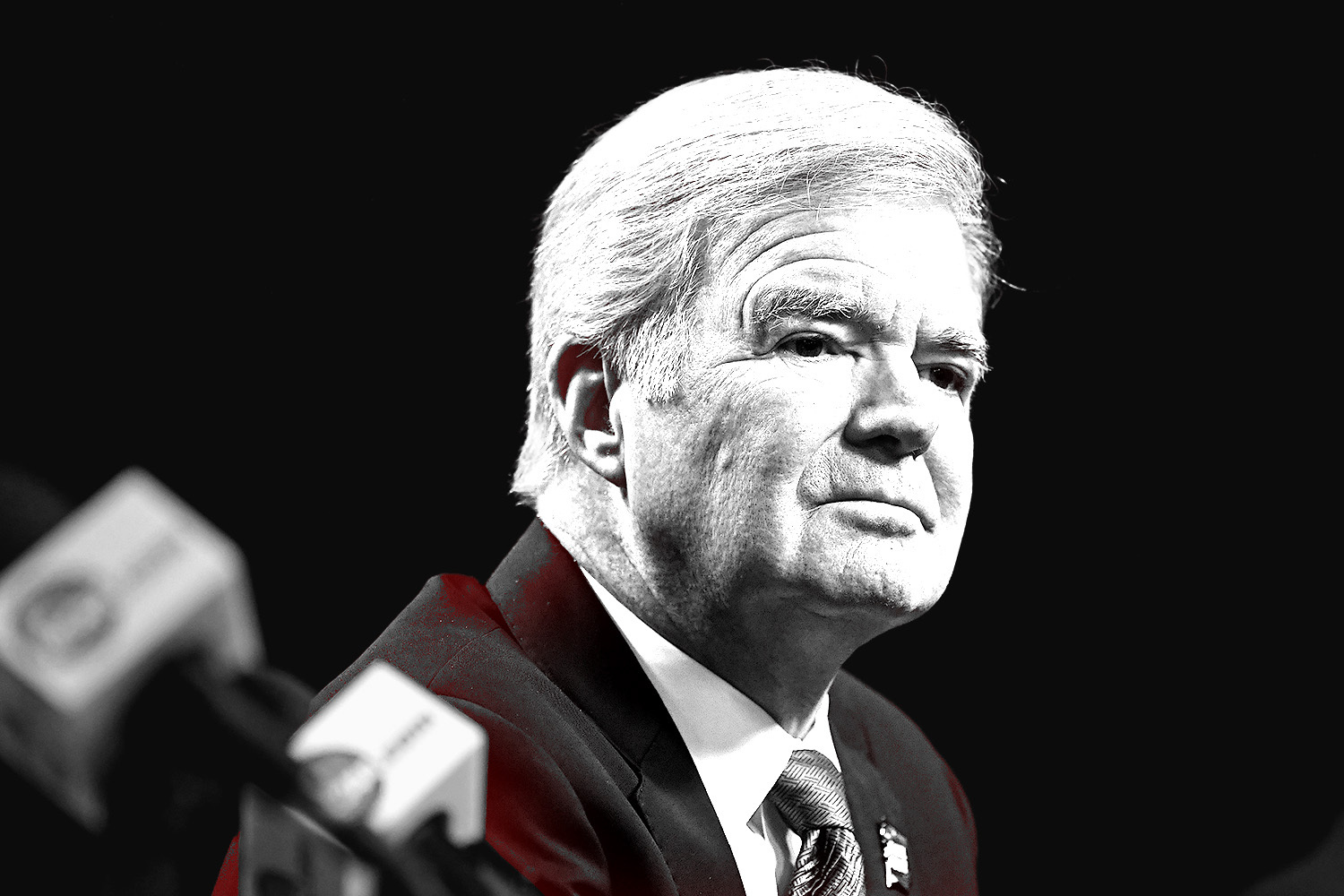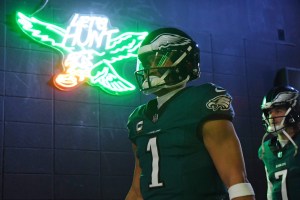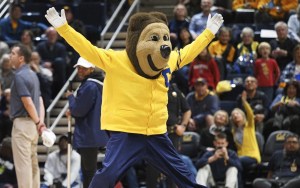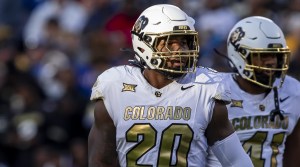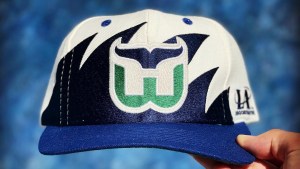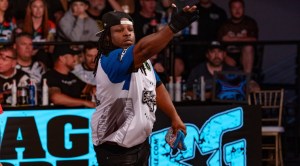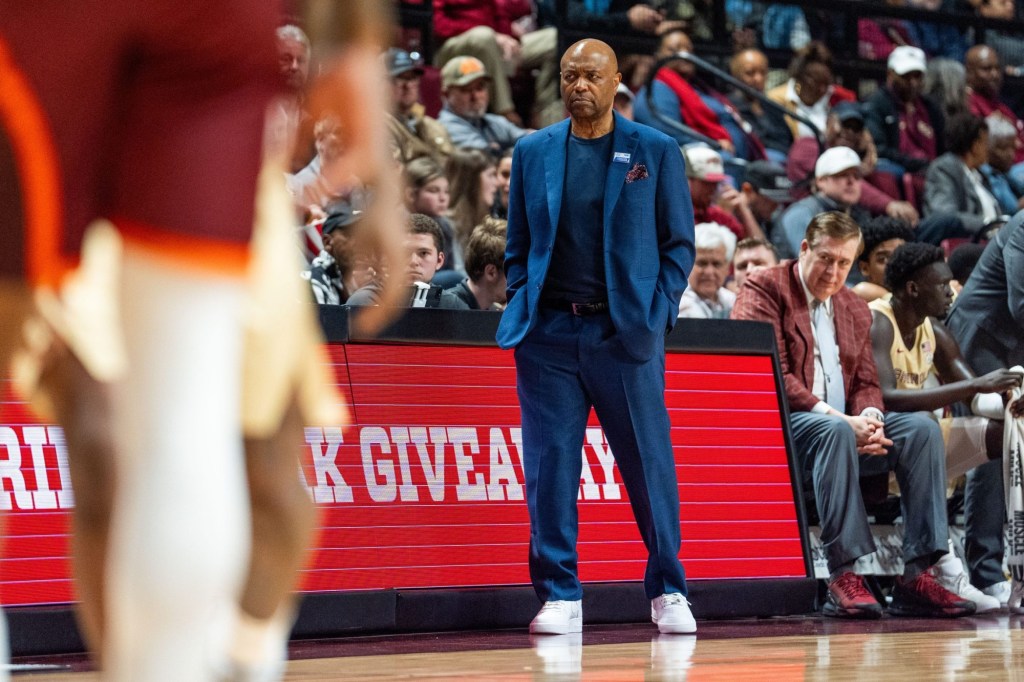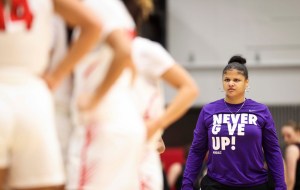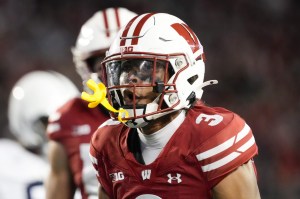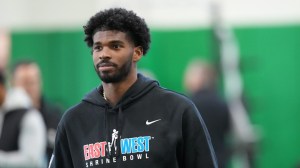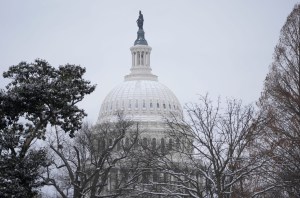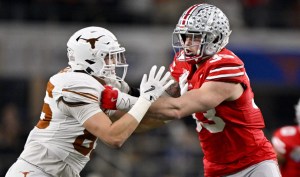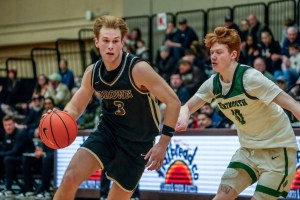The Alston decision invited athletes to continue challenging the NCAA’s business model in court. A lawsuit called Johnson v. NCAA is the first to benefit.
First filed in 2019, the case argues Division I athletes should be considered employees and paid minimum wage. A similar case from 2016 got thrown out. But Johnson v. NCAA can go forward.
In August, a Pennsylvania judge refused a request to throw out the case by schools named as defendants. On Wednesday, that same judge refused another motion filed by the NCAA.
That second decision was based on an analysis of athletes under the Fair Labor Standards Act, according to Boise State law professor Sam Ehrlich. But the fact that neither the NCAA nor schools could get the case thrown out was clearly aided by Alston.
- To strike down lawsuits arguing athletes should get paid, the NCAA has used text from a decades-old Supreme Court decision that said, “In order to preserve the character and quality of the ‘product,’ athletes must not be paid…”
- The Alston decision rejected this argument, saying that “these remarks do not suggest that courts must reflexively reject all challenges to the NCAA’s compensation restrictions.” That sets the stage for athletes to demand other forms of payment.
- The judge in Johnson v. NCAA even cited this language in the first “motion to dismiss” rejection.
There are still many steps before the case reaches trial. But if it does, a pro-athlete ruling could spell the end of the NCAA as we know it.
